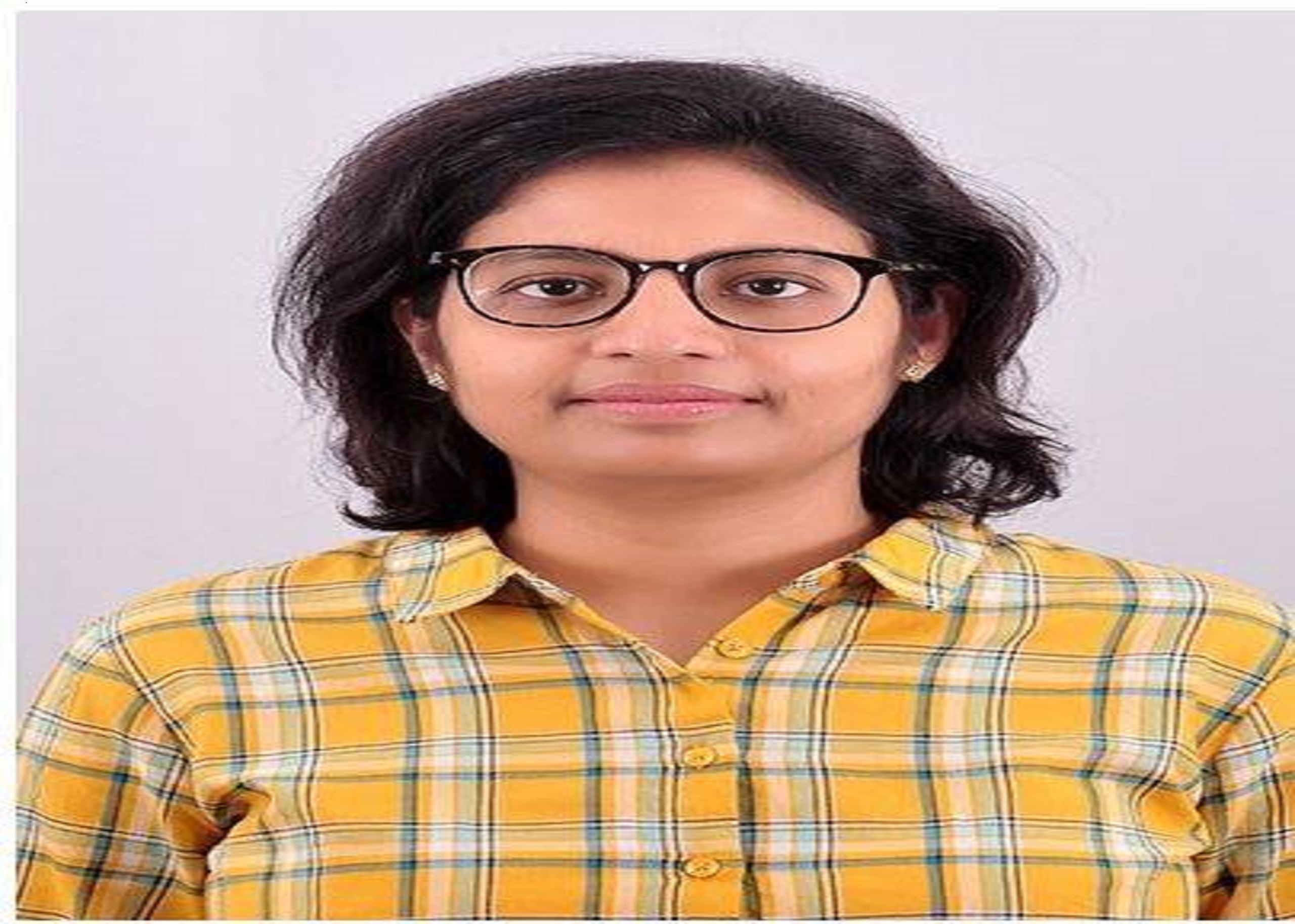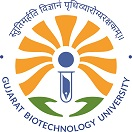
Dr. Archana Kumari, PhD
- Postdoctoral fellow, University of Lausanne, Switzerland.
- PhD, Osaka University, Osaka, Japan.
About
Understanding the co-evolutionary relationships between plants and insects is crucial for designing resilient crops. My research focus is to understand signaling mechanisms that underlie these interactions to gain insights that might lead to innovative approaches for crop protection. However, I had diverse experiences during my research career, including working with MYMV during my master’s at TNAU, India. I received PhD from Osaka University, Japan, where I looked for mechanisms of active growth repression under abiotic stresses. Later, I moved to the University of Lausanne, Switzerland, to work with Prof. Edward E. Farmer, where I chose to work with plant- herbivores and signaling involved with it. In the year 2019, I moved back to India and received the prestigious fellowship DBT- Ramalingaswami Re-entry fellowship. I started my research group at CSIR-NCL, Pune, with continued research focus on plant-insect interaction. My current research included different model plants to understand resilient crops against insects and pests and also relating my previous experience to understand the combined effect of abiotic and biotic stresses.
Background
Education:
- 2021: Assistant Prof., Academy of Scientific and Innovative Research, India.
- 2020: Ramalingaswami fellow at CSIR-NCL, India.
- 2019: Postdoctoral fellow, University of Lausanne, Switzerland.
- 2015: Specially appointed researcher, Osaka University, Osaka, Japan.
- 2014: PhD, Osaka University, Osaka, Japan.
Honours and Awards
- Ramalingaswami Re-entry Fellowship from Department of Biotechnology (Govt. of India) D.O. NO. BT/HRD/35/02/2006 (March, 2020).
- FONDS DU DOCTEUR E. RUB Travel grant to attend 12th International Congress on Plant Molecular Biology, Montpellier FRANCE (2018)
- Doctoral Fellowship by Indian Council of Agricultural Research, India (ICAR-IF) to pursue Ph.D. studies (20011-2014).
- Fellowship by Department of Biotechnology (DBT), Government of India for Biotech Consortium India Ltd. (BCIL) trainee.
- Eligible for Junior Research Fellowship by Indian Council of Agricultural Research (M.Sc. Agriculture) – Declined
- Eligible for Fellowship by Department of Biotechnology, Government of India (M.Sc.Biotechnology)- Declined
- Gold medal for securing first position in Bachelor of Science studies (2003-2007).
- National Talent Scholarship by Indian Council of Agricultural Research (B.Sc. Agriculture, 2003-2007).
Research Group Overview
Being sessile plants face multiple stresses, and each of them is adequately recognized and responded to. Systemic defense responses are one of the central mechanisms to minimize added challenges after an initial change. Investigating how plants generate and transmit long-distance signals to coordinate systemic defense responses is a complex and fascinating area of research. Some key questions to explore include:
- What molecules or signals are involved in long-distance communication within plants?
- How are these signals propagated from the site of perception to other parts of the plant?
- What receptors and pathways are responsible for recognizing these signals?
- Can these signals be manipulated to enhance plant defense against stressors?
At GBU, my group will address such questions with the increased use of omics, microscopy, electrophysiology, and molecular biology. Another interest would be to elucidate the early signaling in plant defense, including Ca2+, ROS, and electrical signals. Investigating the mechanisms by which plants sense and transduce these early signals into effective defense responses is crucial. I am also interested in airborne signals against the herbivores/ pathogens. Understanding the chemistry and function of these airborne signals can have implications for pest management and crop protection.
Publications
Five highly cited articles:
1.Wu, Q., Chen, M., Kumari, A. (2023) Dual localization of the carboxy-terminal tail of GLR3.3 in sieve element-companion cell complex. Communicative & Integrative Biology (KCIB).
2. Wu, Q., Stolz, S., Kumari, A. and Farmer, E.E. (2022), The carboxy-terminal tail of GLR3.3 is essential for wound-response electrical signaling. New Phytol. 236: 2189-2201.
3. Kallure G. S., Shinde B. A., Barvkar V. T., Kumari A., Giri A. P. (2022) Dietary influence on modulation of Helicoverpa armigera oral secretion composition leading to differential regulation of tomato plant defense. Plant Science (314) 111120.
4.Kallure G. S., Kumari A.#, Shinde B. A., Giri A. P. (2022) Characterized constituents of insect herbivore oral secretions and their influence on the regulation of plant defenses. Phytochemistry (193) 113008. (#Co-corresponding author) (Selected for the cover page of the Journal Phytochemistry).
5. Kumari A., Chételat A., Nguyen C.T., Farmer E. E. (2019) Arabidopsis H+-ATPase AHA1 controls slow wave potential duration and wound-response jasmonate pathway activation. Proc. Natl. Acad. Sci. U.S.A, 116 (40) 20226-20231.
6. Kumari, A., Jewaria, P., Bergmann, D., Kakimoto, T. (2014) Arabidopsis reduces growth under osmotic stress by decreasing SPEECHLESS protein. Plant and Cell Physiology, (55) Issue 12, December 2014, Pages 2037–2046. (Selected for the cover page of the Journal Plant Cell Physiology).

